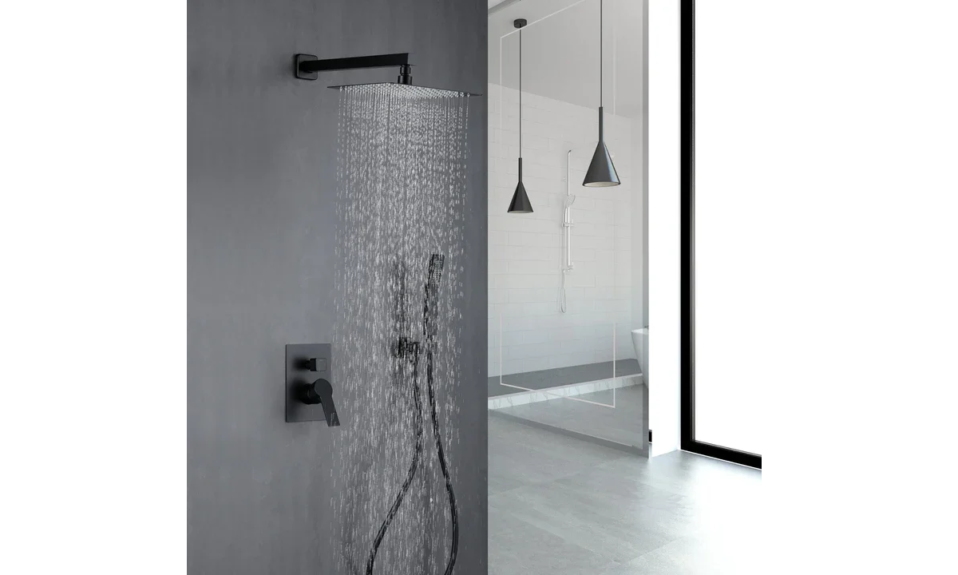Many people prefer using gas heaters for their cost-effectiveness and excellent durability. Performance-wise, gas heaters are known to generate adequate heat to warm up a space effectively. Plus, they’re safe to use around kids. But at what point will your gas heater be doing you more harm than good?
A faulty gas heater can negatively impact your health with the effects ranging from mild to severe. If that’s the case, you’ll need to contact a professional to fix the heater before it’s too late. So, when is the right time to call the gas heater service Melbourne specialists?
Signs That Your Gas Heater is Harming You

Have you been experiencing frequent headaches all of a sudden—especially after cosying up next to your gas heater? This could mean that your heater is emitting higher levels of carbon monoxide than normal. Apart from regular migraines, you may also experience the following symptoms:
- Dizziness
- Shortness of breath
- Nausea
- Chest pain
In worst case scenarios, carbon monoxide poisoning may lead to death. If you experience any of the above symptoms, chances are your heater is faulty and needs urgent attention.
Signs that Your Gas Heater is Damaged
Aside from the above-mentioned symptoms, there are some physical characteristics to look out for on the actual heater and surrounding environment. The following signs will most likely mean that your heater is damaged:
- Soot stains on the appliance. These are usually caused by a yellow and sooty flame.
- If you notice the pilot light on the heater ceases to light unexpectedly.
- If your walls or the heater panels are slowly becoming discoloured. This could be a sign of heat damage.
- Your walls become extremely hot when touched.
What to Do if Your Heater is Faulty
At the slightest suspicion that your gas heater is faulty, don’t hesitate to call in the professionals. But not just any professional, a licensed one. A knowledgeable contractor will thoroughly check the heater to assess the extent of the damage and repair it. He’ll also:
- Inspect the flue pipe of the heater for any damage
- Clean the filters
- Clean the fans
Regular Maintenance

To get the best out of your gas heater, we strongly recommend that you service it regularly. This way any impending problems are picked up sooner and rectified before the damage is severe.
Again, a professional is better suited to handle these maintenance jobs than trying a DIY job.
How often must the heater be serviced? We recommend that you service your gas heater at least once a year, particularly just before winter kicks in. This way it’ll be operating at its maximum with no likelihood of harm to you and your family.
You don’t have to leave the maintenance job entirely to the professionals. There are a few minor tips you can implement at home to minimise fume emissions and help optimise performance of the unit. A notable example is to vacuum the duct openings in each room if you’re using duct heating.
When to “Throw in the Towel”
There are times when you simply have to accept the fact that your heater has “seen better days” and it’s time to dispose of the unit. In this case no amount of servicing, maintenance or repairing will bring it back to its full operational capacity.
Consider replacing your gas heater if you’ve had it for more than 10 years. We understand that it probably has some sentimental value, but repairing such an outdated heater is less likely to yield fruitful results.
Aside from the fact that obtaining the replacement parts for such old models may be next to impossible, they could be a safety issue. Most gas heaters that were manufactured decades ago don’t meet the current emission standards. As a result, you and your family’s health might be at risk.
Good to Know

In the interest of your health, it’s worthwhile to know how to safely use your gas heater. Familiarising yourself with the user manual is the first step. The manufacturer includes all the information you’ll need to operate the heater safely and correctly. Avoid switching it on straight after unboxing without reading the manual.
Other useful tips when handling a gas heater include:
- Ensuring there’s adequate ventilation. Never use a gas heater in rooms with sealed doors, windows or vents. Air must circulate in and out of the room easily.
- In the case of having no flue, avoid using them in places where people sleep.
- Outdoor heaters as the name suggests are never to be used indoors.
- Don’t use industrial heaters for home use.
Conclusion
Gas heaters that aren’t maintained properly can be very dangerous. Make sure you follow the necessary precautions for using a gas heater safely and effectively. Service it regularly and contact a professional gas fitter if you suspect it’s faulty.
Having a warm home is important, but safety is even more vital!





